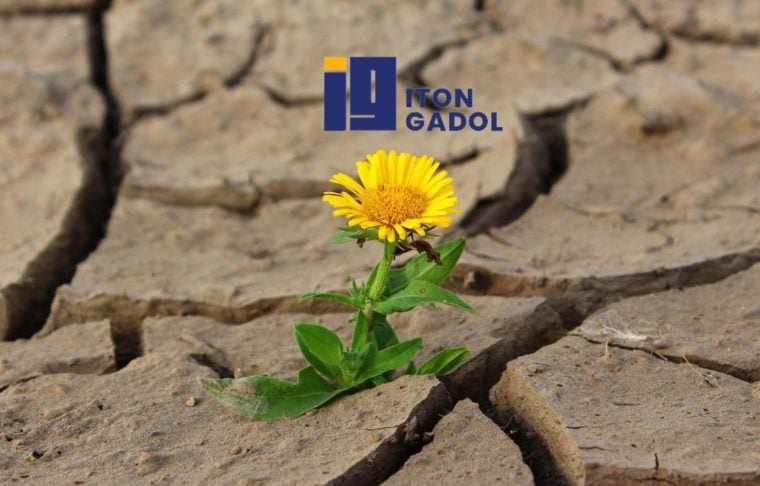Reacting in times of crisis

Article published in Iton Gadol on May 18, 2022
What to do when faced with a crisis? How to avoid letting ourselves be carried away by events and take charge of what is happening to us? How to avoid getting depressed in the face of adverse circumstances?
Lag LaOmer is a popular festival that commemorates the interruption of the epidemic that struck 24,000 disciples of Rabbi Akiva. That pandemic was traumatic and distressing: it looked like a demolishing plague that devastated everything in its path. Tens of thousands of people died abruptly and suddenly.
Many of the victims were great sages and Torah scholars. For this reason, added to the situation of persecution and oppression by the Romans, there was a real and imminent danger: that the chain of transmission of the Torah from teachers to students would be broken in such a way that its wisdom would be lost forever. Such a categorical rupture, as a result of adverse circumstances, would have caused the disappearance of the people of Israel.
However, despite the pain he had to carry due to the death of almost all his disciples and his physical and emotional suffering, Rabbi Akiva got back to teaching Torah. He sought out new students and taught them everything he knew. Those students were the ones who passed on the Torah to the next generation. The Torah was saved and with that, the people of Israel continued to live.
That attitude of moving forward, regardless of the obstacles that arise, was characteristic of Rabbi Akiva’s personality. There is a famous story told in the Talmud in Berakhot 60b: Rabbi Akiva traveled to a city with a donkey, a candle, and a rooster. When he wanted to enter the city, they did not let him come in. He had to sleep on the outskirts of the city, in the open. When he settled down in the middle of the field, a strong wind blew and put out the candle. Then a wild cat came and ate his rooster. Finally, a lion appeared and attacked his donkey. Rabbi Akiva had lost everything. However, in the face of every misfortune, he would only say, “Everything God does is for the best.”
Rabbi Akiva understood that having a positive attitude creates an optimistic outlook on life. Optimism is not naivety but the ability to seek original solutions. Hope allows us to find the glass half full and overcome crises, renewing ourselves and learning from each situation.
Despite the tragic loss of almost all of his students, Rabbi Akiva was not depressed and he began to teach and pass on the Torah again. Let us take his example of resilience to face the challenges of life.
www.itongadol.com

